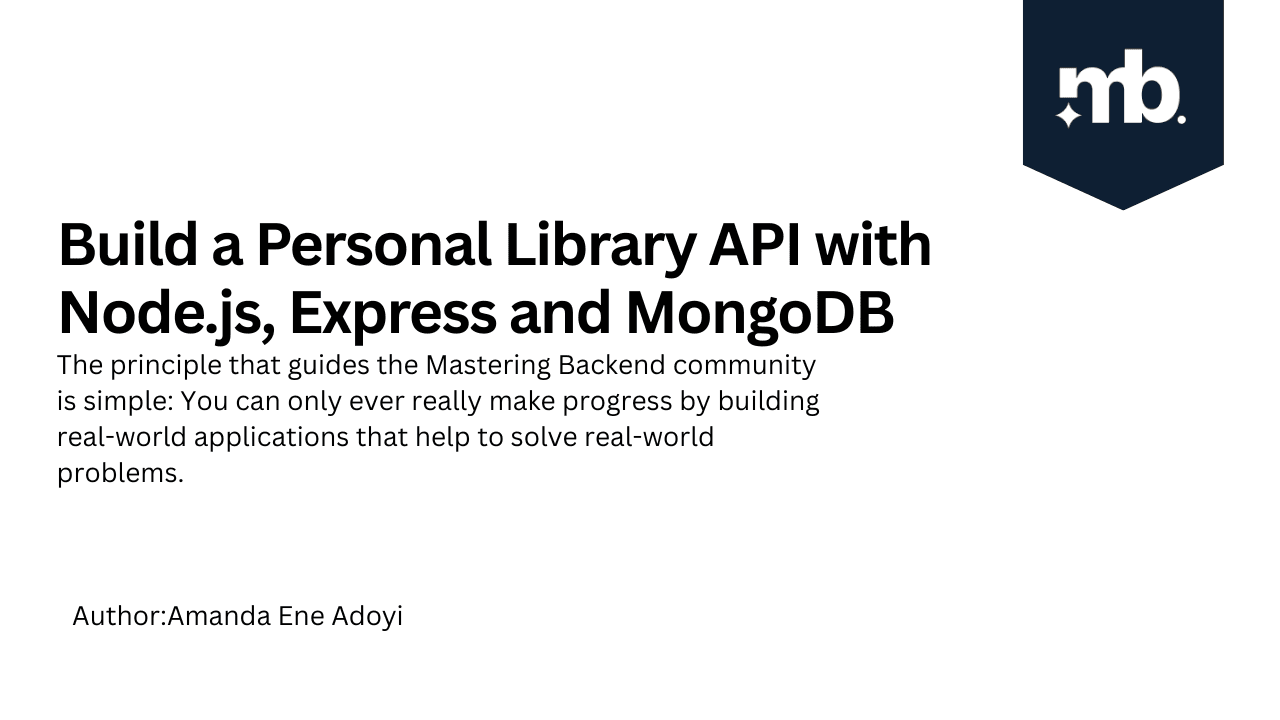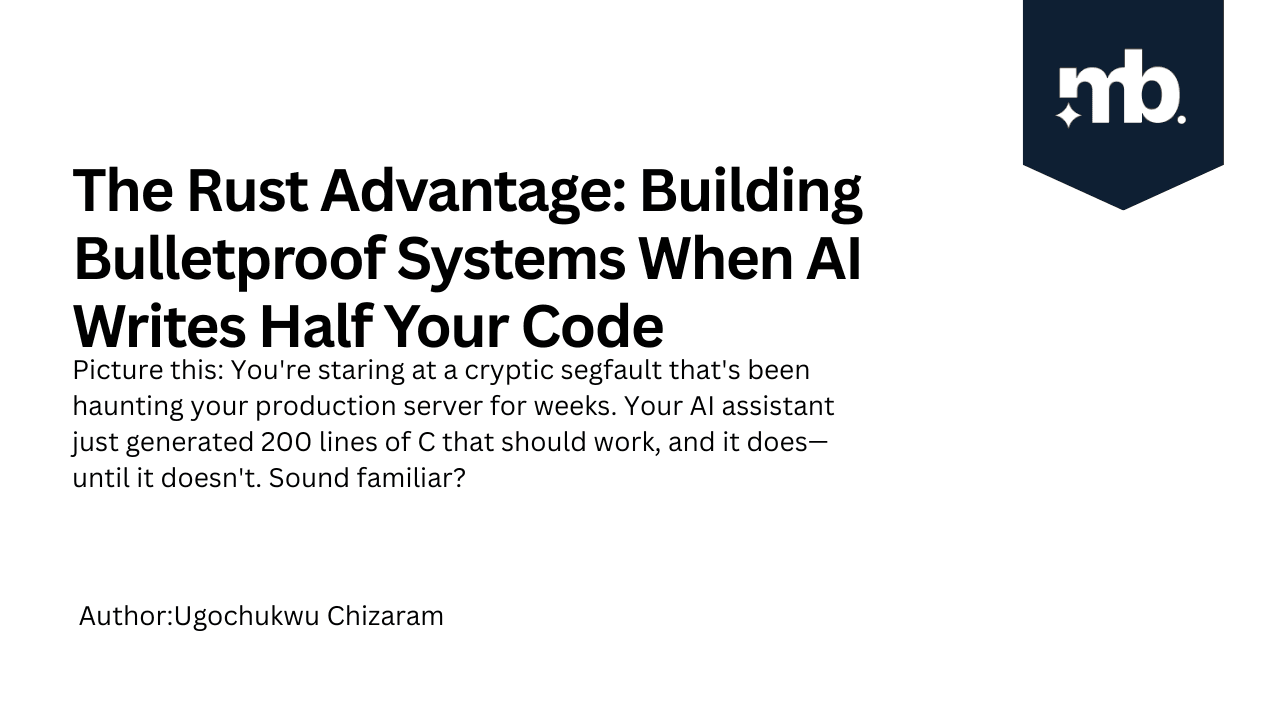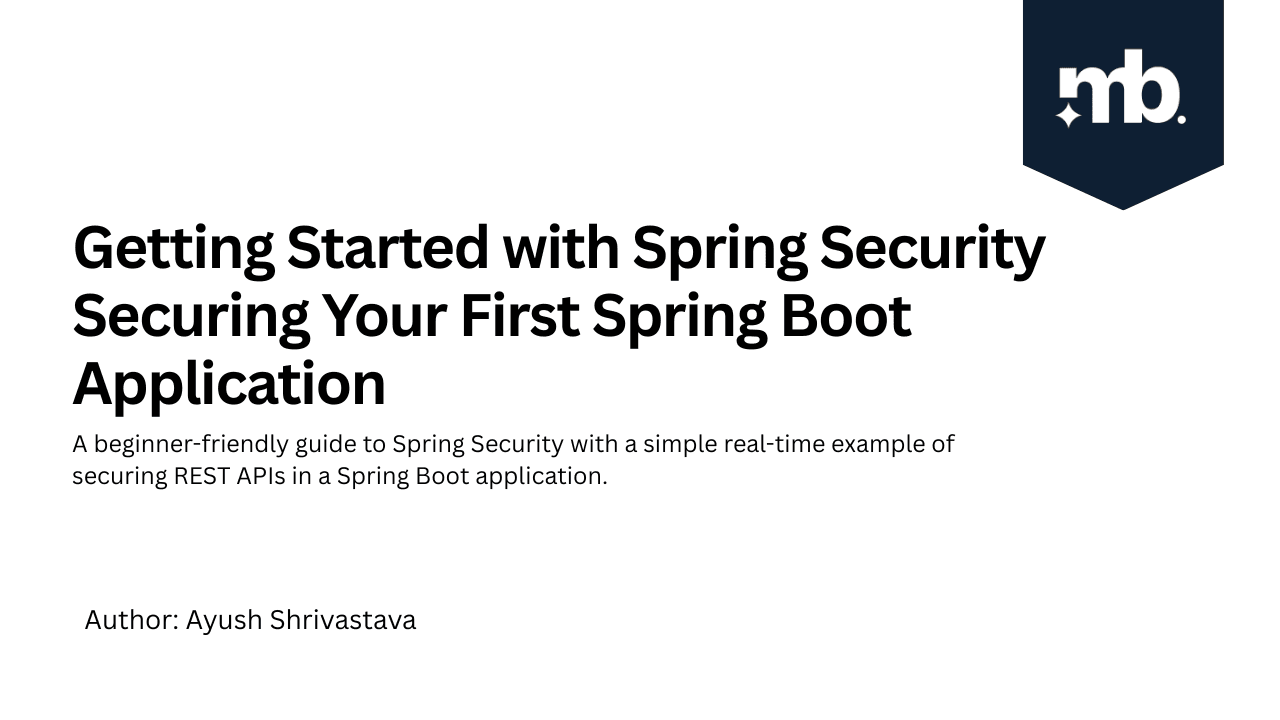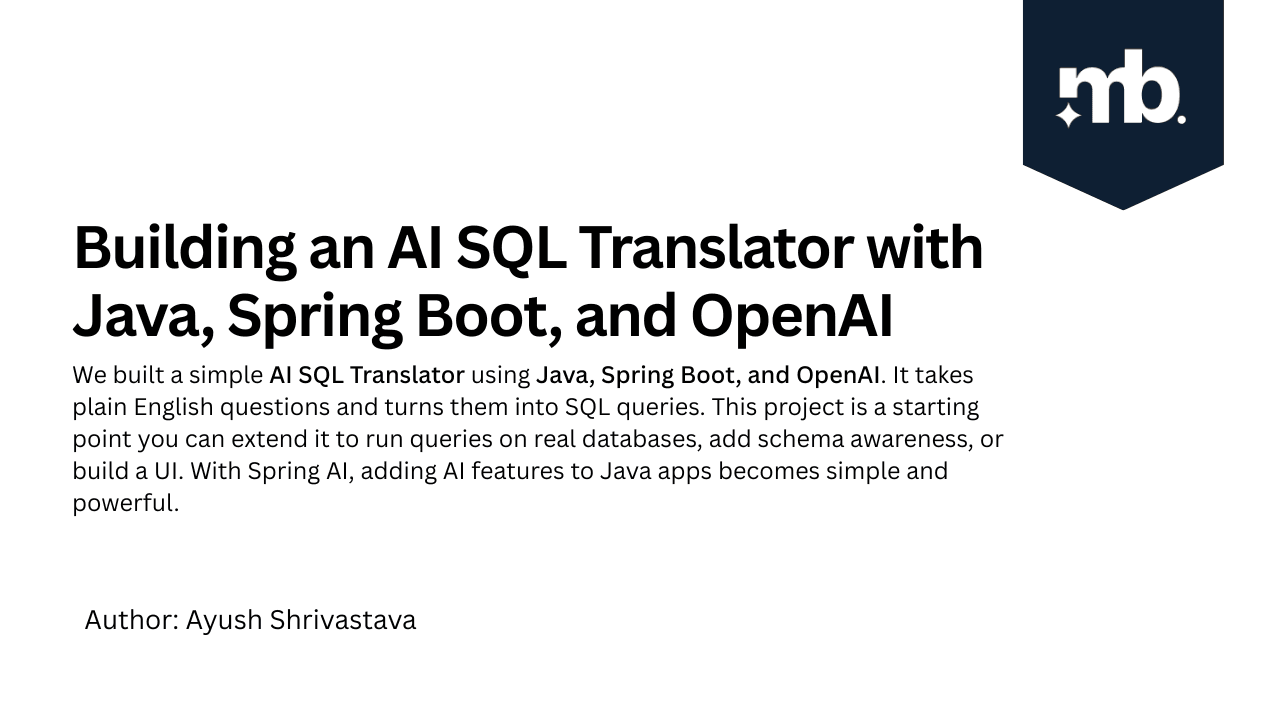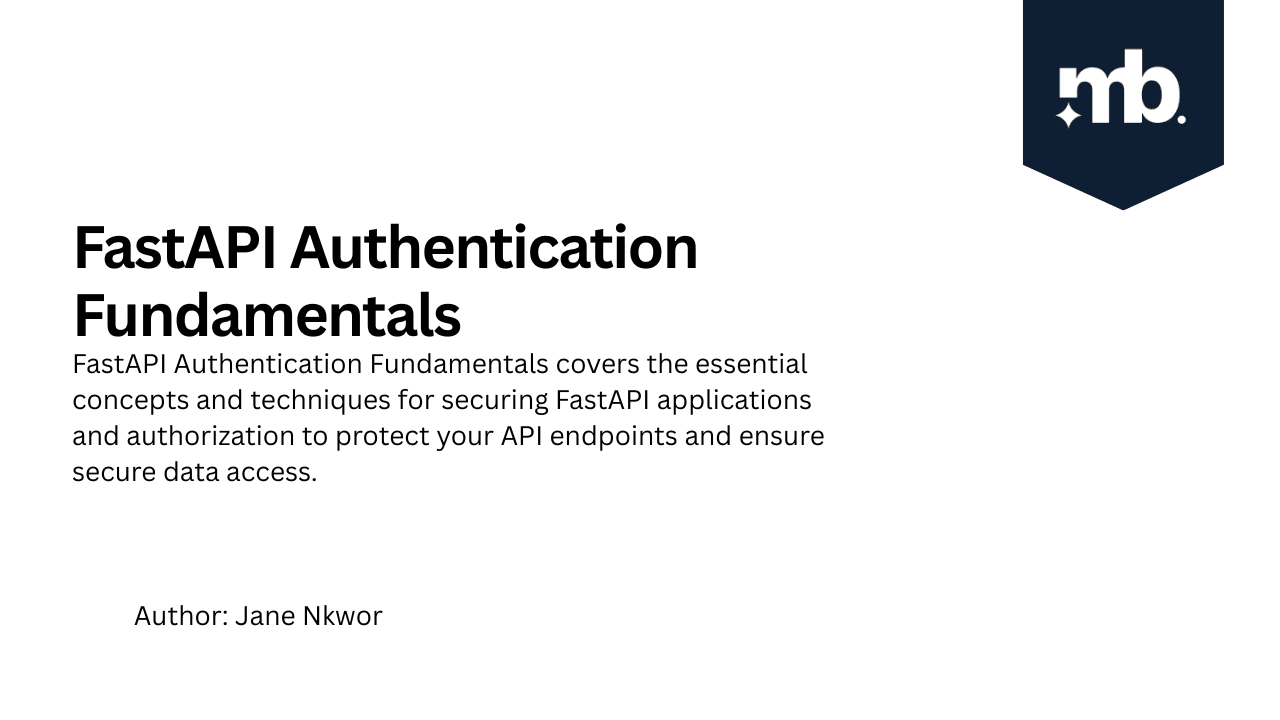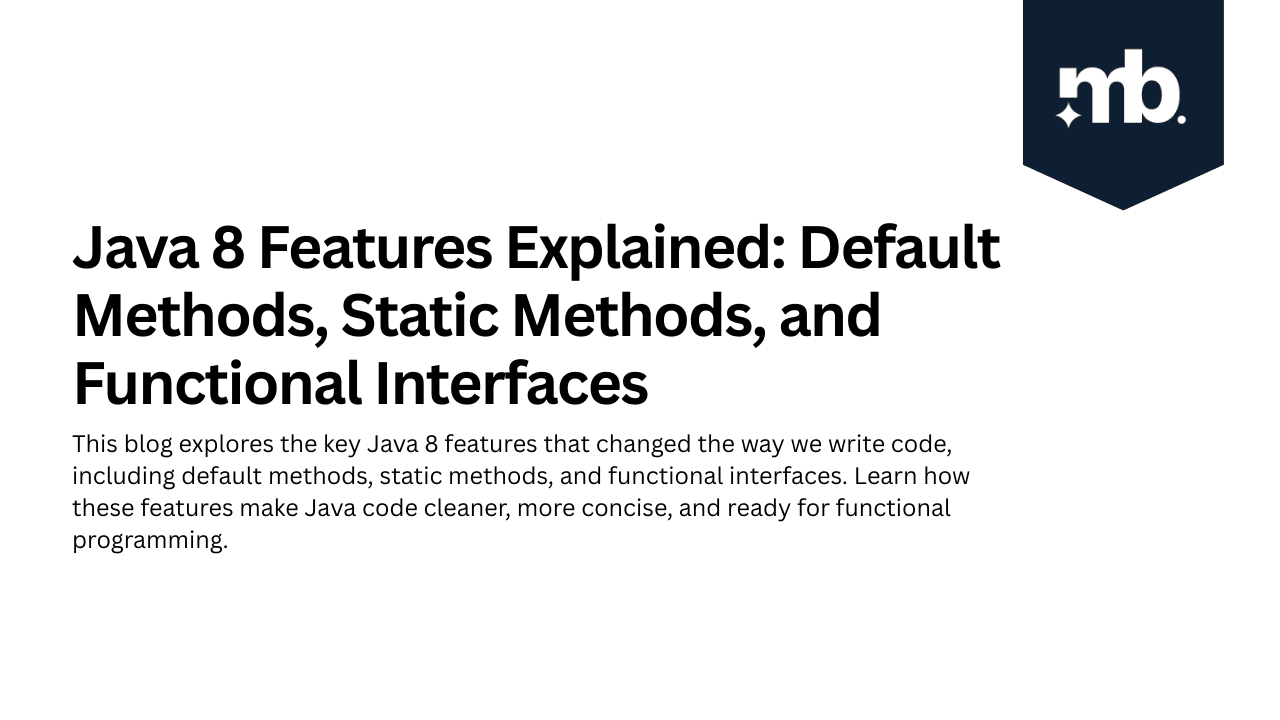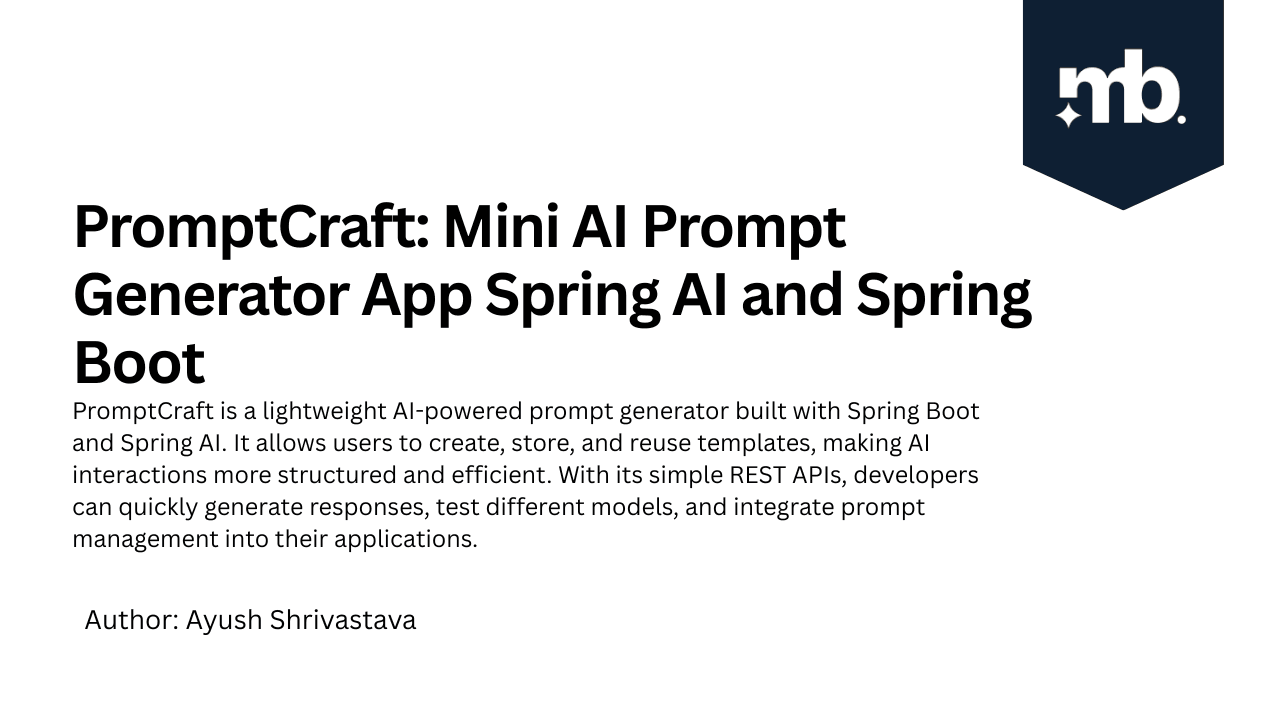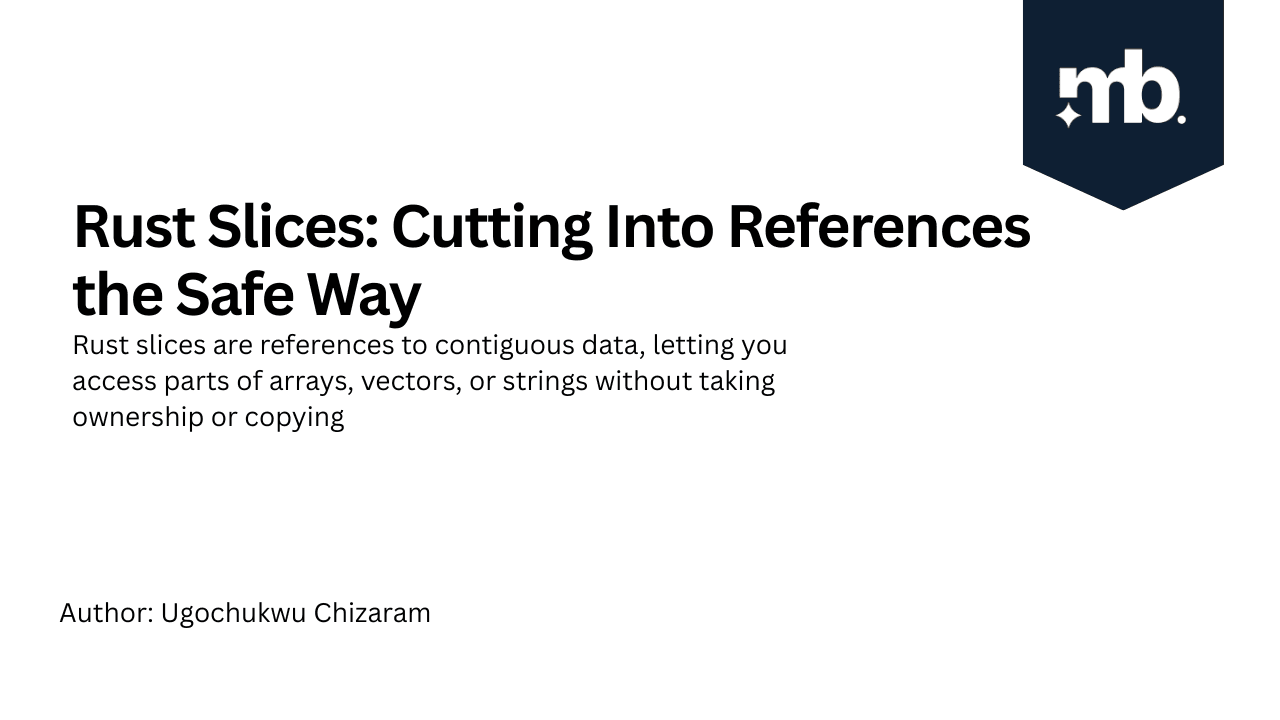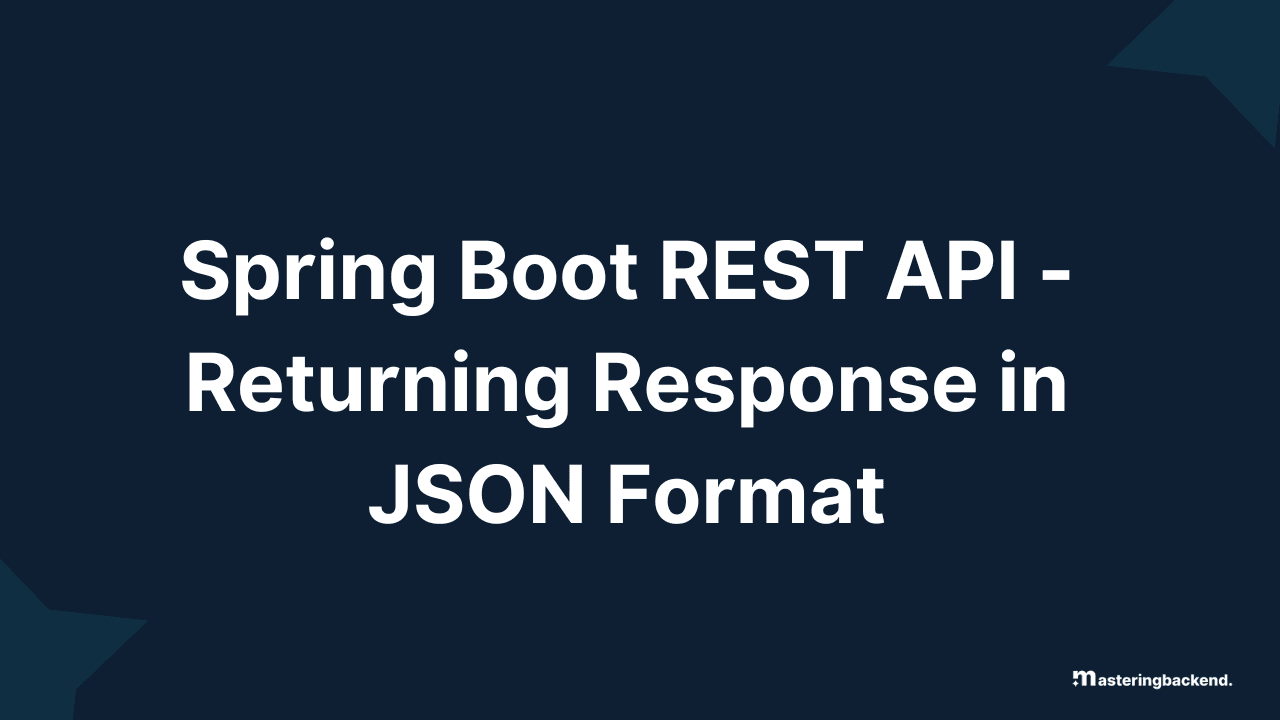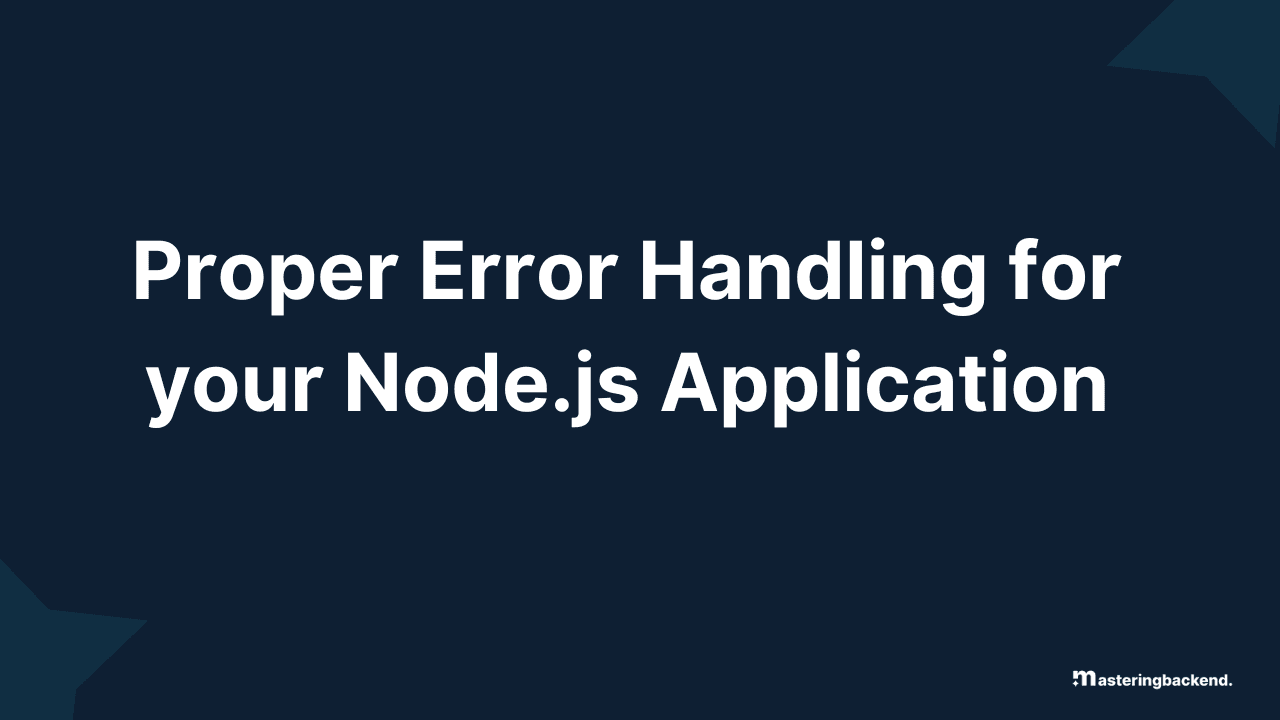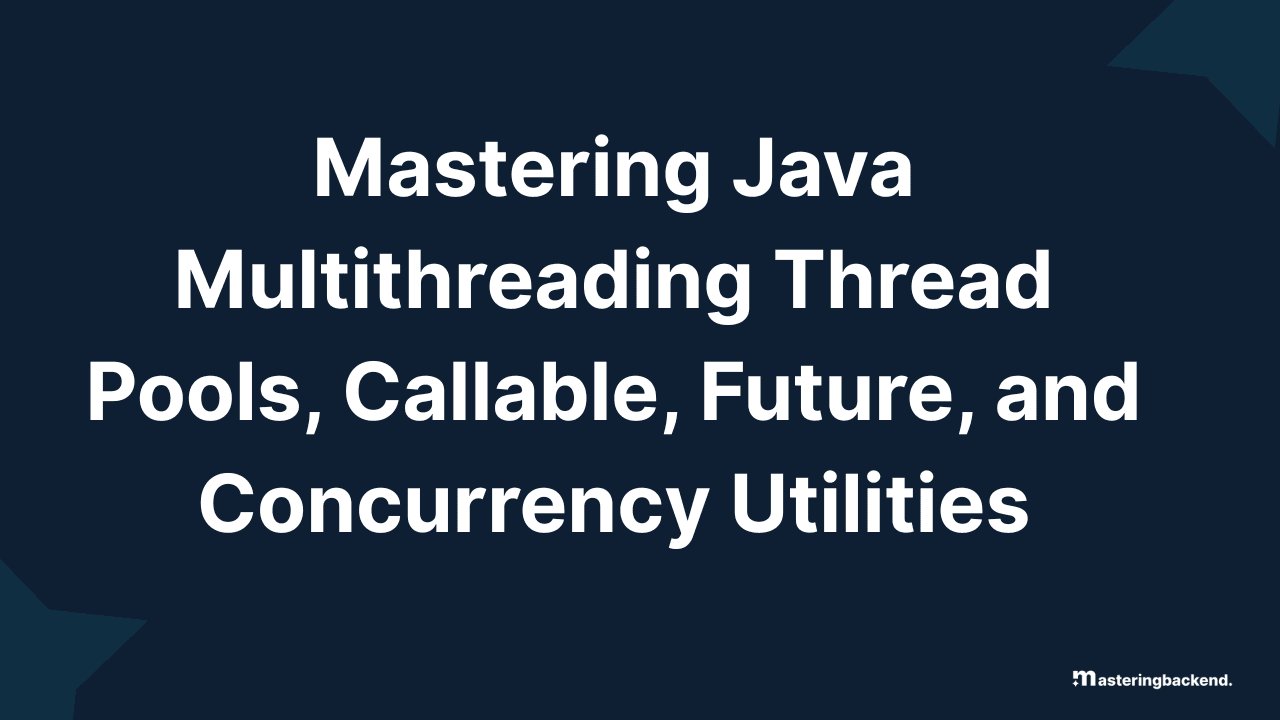In the previous article, we covered the basics of authentication in FastAPI, including the use of sessions, API keys, and basic HTTP authentication. Now, let’s take it a step further and talk about JWT (JSON Web Token) — one of the most popular ways to secure modern APIs.
JSON Web Tokens (JWTs) are like digital ID cards. They are an open standard (RFC 7519) that defines a compact and self-contained way for securely transmitting information between parties as a JSON object. JWTs are often used for authentication and information exchange in web development.
When you log in, the server assigns you an ID (the token), which you must display on every request to prove your identity.
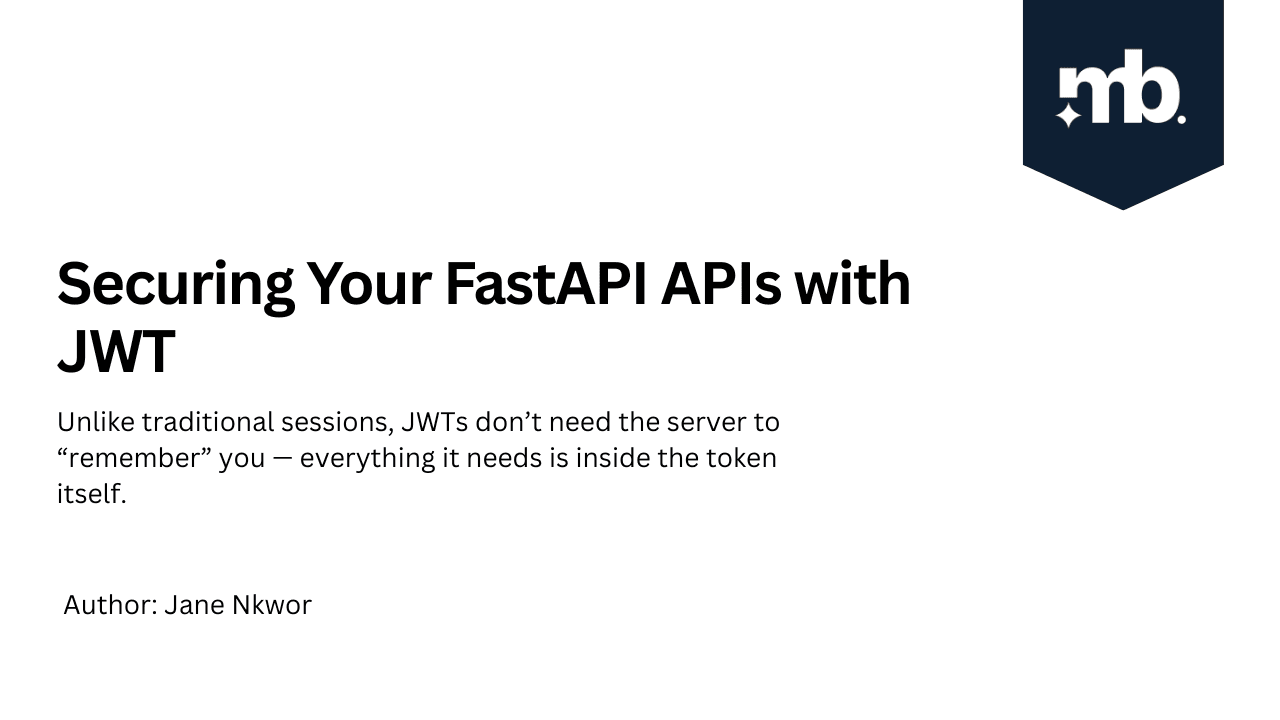
Unlike traditional sessions, JWTs don’t need the server to “remember” you — everything it needs is inside the token itself.




